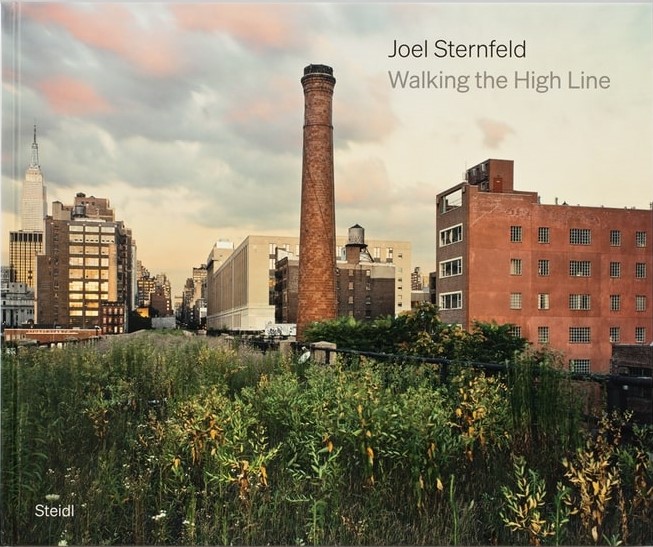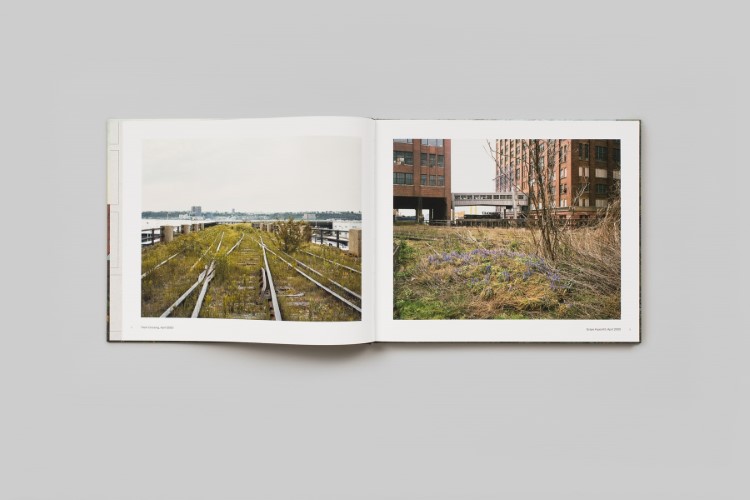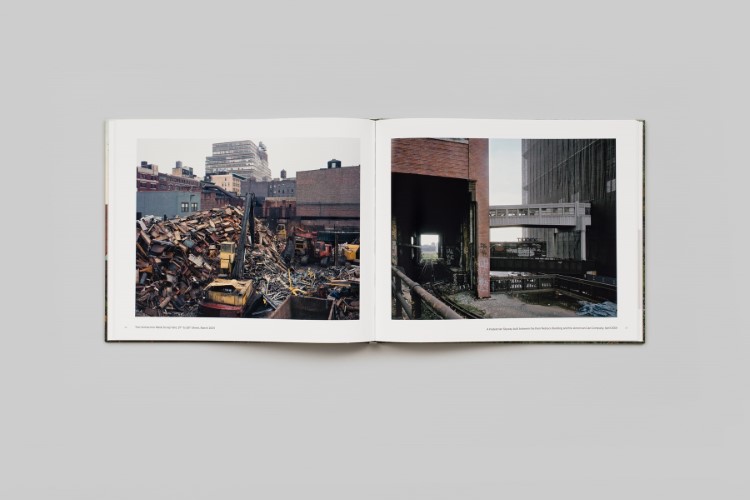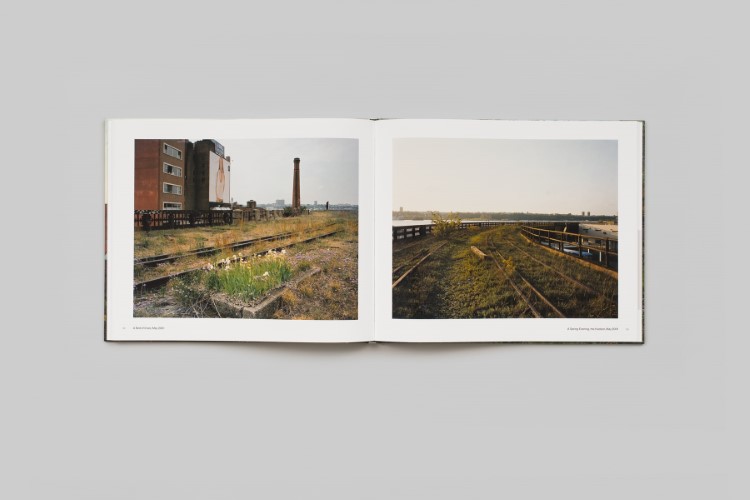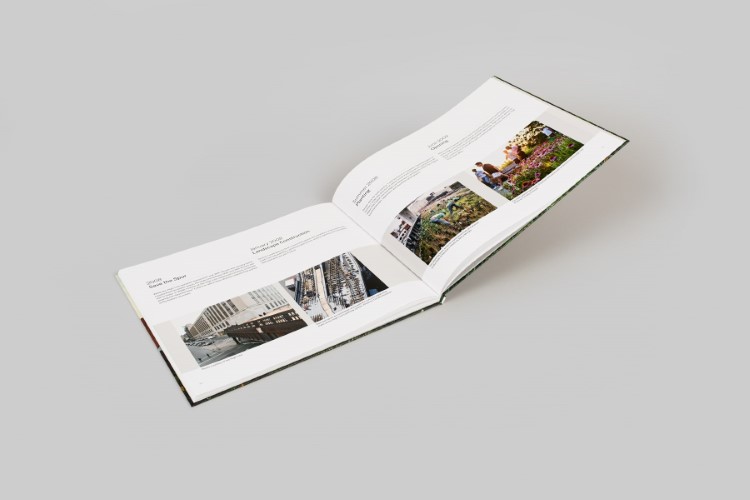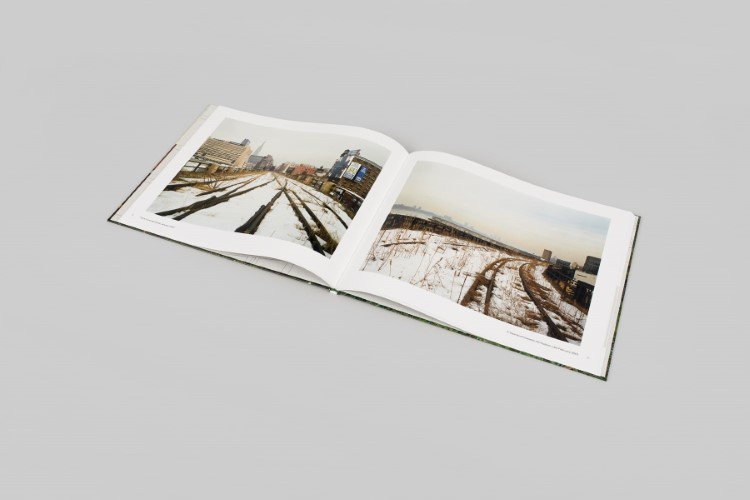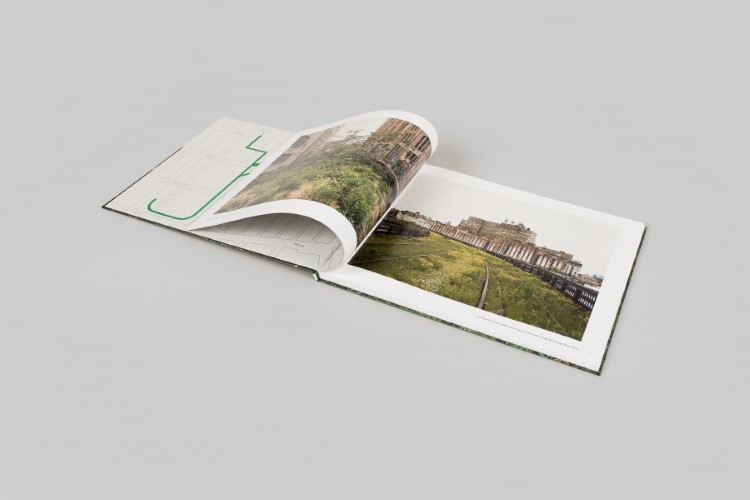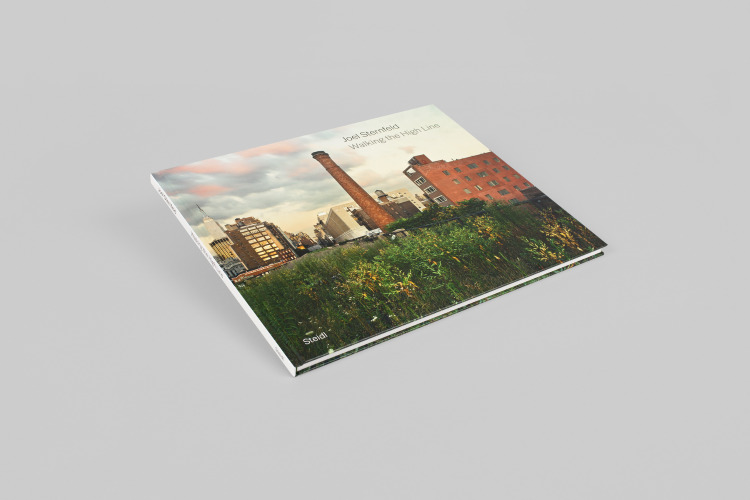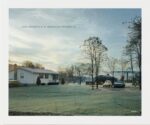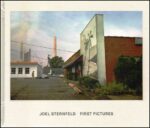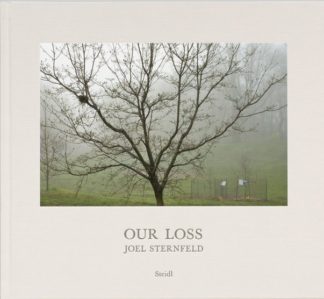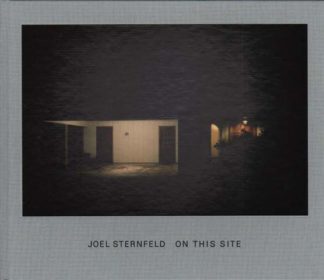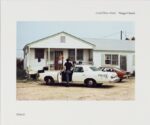Dans l’une de ses dernières actions en tant que maire de New York, Rudy Giuliani a signé un ordre permettant à la High Line, cette ruine surélevée bien-aimée qui serpentait sur le côté ouest de Manhattan, d’être démolie. Tous ceux qui avaient réussi à monter sur la High Line ont adoré les fleurs sauvages qui poussaient sur des rails désaffectées, les oiseaux qui suivaient le chemin vers le nord au printemps et vers le sud à nouveau à l’automne — ce sentiment rural qui coule comme par magie dans la ville comme une rivière non déserte. Qui n’aimait pas la High Line ? Ceux qui possédaient le terrain en dessous et aspiraient à ériger des gratte-ciel sur le site, si seulement la High Line ne bloquait pas leur chemin. Et quand Giuliani a signé cet ordre, les Amis de la High Line, la petite organisation communautaire dirigée par Robert Hammond et Joshua David, se sont lancés dans une action en justice, demandant une injonction.
Pendant plus d’un an, Joel Sternfeld avait déjà photographié ce joyau caché à chaque saison, afin que les New-Yorkais puissent visuellement grimper et le voir aussi. En octobre 2001, alors que les décombres du World Trade Center étaient encore fumants, Gerhard Steidl a accepté la demande urgente de Joel Sternfeld de faire un livre et s’est envolé pour New York : ensemble, ils ont conçu Walking the High Line et seulement sept semaines plus tard, il a été livré, une vision pour ce parc qui connaît un vif succès et qui accueille aujourd’hui plus de deux millions de visiteurs par année. Maintenant dans une nouvelle édition avec neuf photos supplémentaires, un format plus grand et une chronologie mise à jour, c’est le livre qui a rendu la circulation pédestre de la High Line possible ; avec des textes de Adam Gopnik et John Stilgoe, photos en couleurs.
In one of his last acts as mayor of New York City, Rudy Giuliani signed an order permitting the High Line, that beloved elevated railroad ruin which snaked down the west side of Manhattan, to be torn down. Everyone who had managed to climb up onto the High Line loved it: the wildflowers growing through disused tracks, the birds that followed the path north in spring, and south again in fall—that rural feeling magically flowing through the city like an unbidden river. Who didn’t love the High Line? Those who owned the land beneath it and longed to erect high-rise buildings on the site, if only the High Line wasn’t blocking their way. And so when Giuliani signed that order, the Friends of the High Line, the small community organization led by Robert Hammond and Joshua David, sprang into legal action, seeking an injunction.
For over a year, Joel Sternfeld had already been photographing this hidden jewel in every season, so New Yorkers could visually climb up and see it too. In October 2001, while the rubble of the World Trade Center was still smoldering, Gerhard Steidl accepted Sternfeld’s urgent request to make a book and flew to New York: together they designed Walking the High Line and just seven weeks later it was delivered, a vision for the wildly successful park that today hosts over two million visitors a year. Now in a new edition with nine additional photos, a larger format and an updated timeline, this is the book that made walking the High Line possible.

